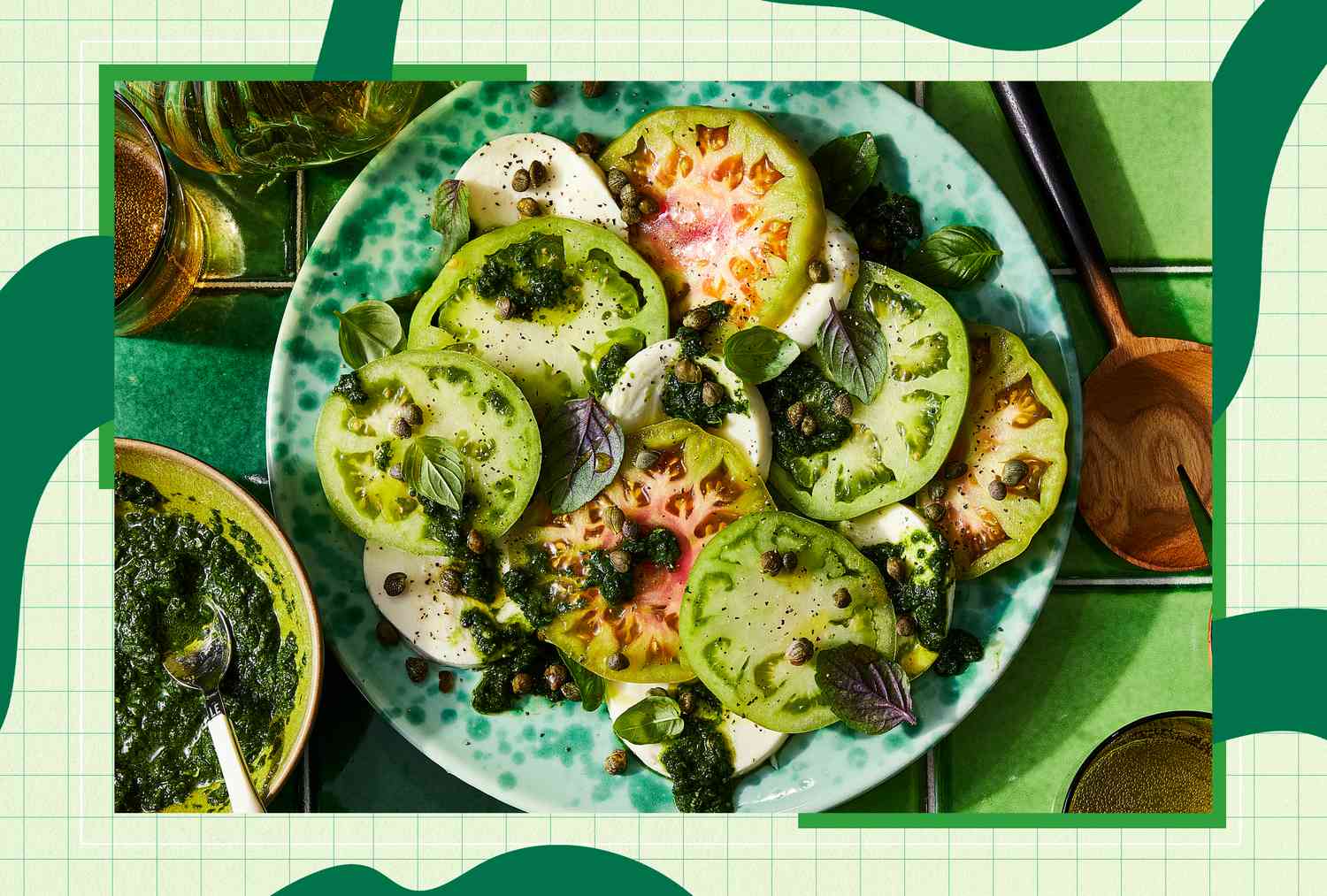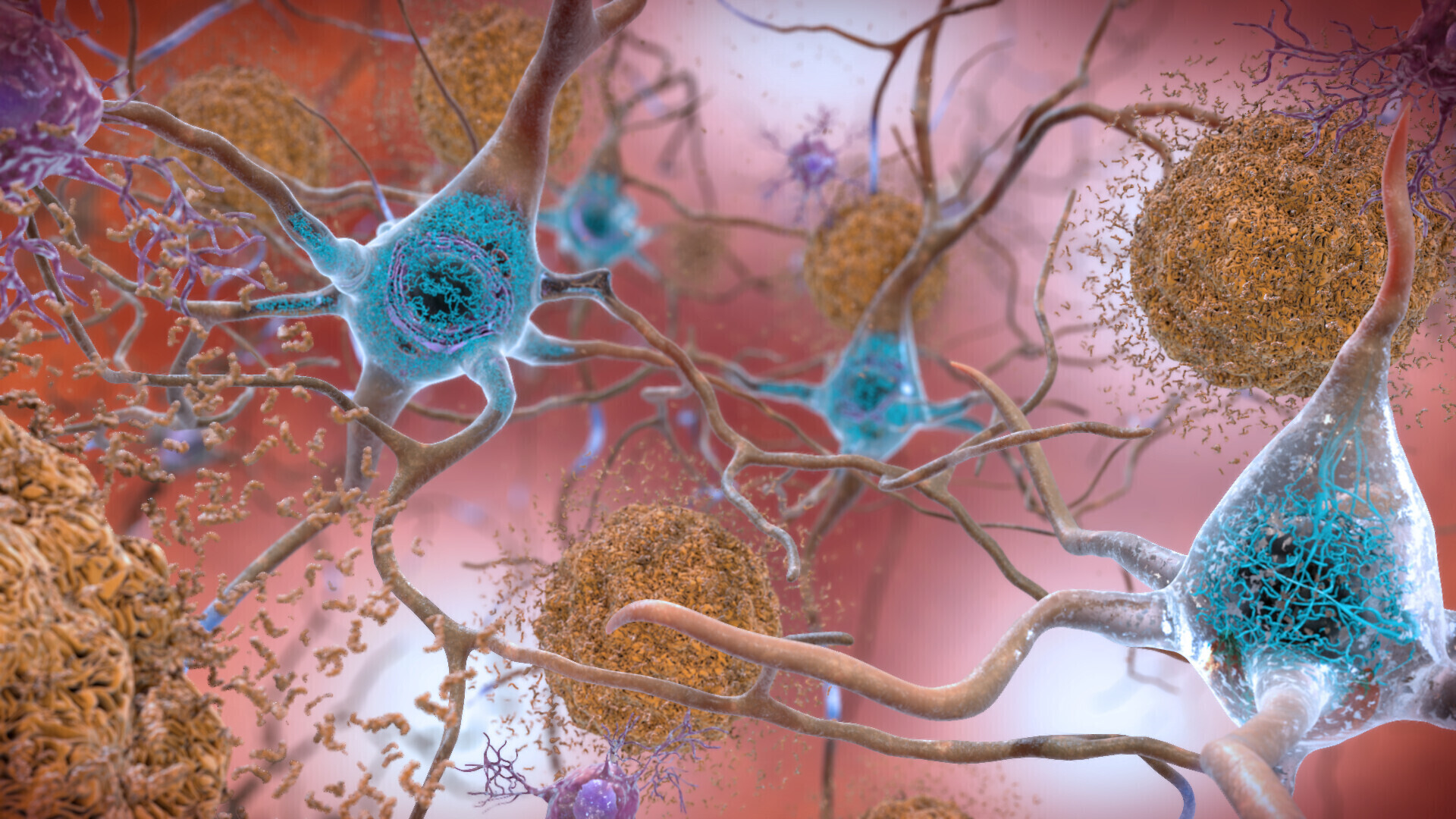- Skin cancer is the most common cancer in the U.S. and has multiple causes.
- Wearing sunscreen and avoiding excess sun exposure are the best protection.
- Research shows antioxidants may also help guard against this common cancer.
Spending time outside can boost your mood, promote better sleep and support your immune system (plus, it’s free!). The only drawback is that outdoor time also exposes you to the sun’s skin-damaging UV rays. Over time, that could set the stage for skin cancer, the most commonly diagnosed cancer in the United States. “By far, the top risk factor for developing skin cancer is unprotected UV exposure, followed by genetic predisposition,” says dermatologist Geeta Yadav, M.D.
There is good news, though. According to the Centers for Disease Control and Prevention, many cases of skin cancer are largely preventable. Adopting safe sun habits like applying a broad-spectrum sunscreen, wearing a hat, sunglasses and clothes that cover your arms and legs, and staying in the shade can all lower your UV exposure and significantly reduce your risk. So can avoiding tanning beds, which also emit large amounts of UV light.
You can also bolster your skin’s defenses from the inside out by eating more antioxidants. While diet plays a smaller role in skin cancer prevention, research reveals that antioxidants can provide additional protection to safeguard your skin from this all-too-common cancer.
How Antioxidants May Protect Against Skin Cancer
Skin cancer occurs when abnormal skin cells develop in the skin’s outermost layer, called the epidermis. What causes those abnormal cells to develop and grow? The most common cause is DNA damage from exposure to UV rays, either from the sun or tanning beds. However, there are other risk factors too, like getting older or having a family history of skin cancer. You may also be more likely to develop skin cancer if you have blue or green eyes, red or blond hair or have skin that’s fair or burns or freckles easily.
Of course, most of these risk factors are beyond your control. But there is one helpful step you can take, and that’s eating an antioxidant-rich diet. In fact, research has found that dietary antioxidants can help counteract some of the damage caused by UV exposure before it turns into cancer. And the list is long: selenium, zinc, copper, carotenoids, polyphenols and vitamins A, C and E may all be protective, according to research.
They Combat Oxidative Stress
Exposure to UV light sets off a chain reaction that creates a storm of skin-damaging compounds called free radicals. That’s where antioxidants step in. “Antioxidants combat free radicals, unstable molecules that can damage cells and their DNA, proteins and lipids,” says Yadav. “When there are too many free radicals in the body to the point that antioxidants cannot help neutralize them, oxidative stress occurs, leading to cellular dysfunction. This dysfunction could manifest as early signs of aging, but it could also manifest as cancer”. Regularly consuming antioxidant-rich foods equips your body with the defenders needed to neutralize those free radicals before they cause long-term harm.
They May Prevent the Spread of Cancerous Cells
Not all DNA damage leads to cancer. In fact, our bodies have a natural defense mechanism to kill off DNA-damaged cells before they turn cancerous and start to spread. However, it’s not fool-proof, and some damage can fall through the cracks. Fortunately, research reveals that antioxidants called anthocyanins may help speed the process. While anthocyanins are found in lots of fruits and vegetables, one of the best sources for skin protection is berries. So, load up on these juicy fruits for an extra dose of prevention.
They Help Boost Internal Sun Protection
Sunburns aren’t just painful. This inflammatory reaction in your skin can cause long-lasting damage. Enter antioxidant-rich foods. Research has found that they help absorb some of the sun’s harmful UV rays and reduce inflammation to decrease the development of sunburn., For instance, one study found that carotenoids, antioxidants found in yellow, orange and red fruits and vegetables, could provide the equivalent sun protection to SPF 4 sunscreen. For the biggest bang, think tomatoes. They’re filled with a carotenoid called lycopene that’s been shown to guard against sun damage from the inside out.
Tips to Enjoy More Antioxidants
If you’re gearing up to spend more time outdoors, these tips can help you provide your skin with an extra layer of antioxidant protection.
- Eat the Rainbow: An easy rule of thumb for adding more antioxidants to your diet is to add more color to your plate. Fruits and vegetables with bright, deep hues are often the richest source of these beneficial compounds.
- Brew a Cup of Green Tea: There’s a reason green tea is added to face creams, masks and serums. It’s rich in antioxidants called catechins that have been shown to calm UV-related skin inflammation.
- Savor Some Dark Chocolate: While chocolate may not prevent skin cancer, it contains inflammation-taming antioxidants called polyphenols that may improve skin hydration and circulation. Since dark chocolate contains the most polyphenols, the darker the chocolate, the better!
Antioxidant-Rich Recipes to Try
The Bottom Line
Getting regular skin checks and practicing safe sun habits like applying sunscreen, wearing a hat and protective clothing, and staying in the shade may all help reduce your risk of skin cancer. While diet plays a much smaller role, research has found that antioxidants may offer additional protection. Antioxidants are believed to combat cancer-causing oxidative stress, slow the spread of cancer cells and boost your body’s internal defenses against inflammation and sunburn. And the best way to get more of them isn’t a pill or powder. It’s a diet rich in colorful fruits and vegetables. So, before you hit the beach, park or pool, head to the produce aisle!










